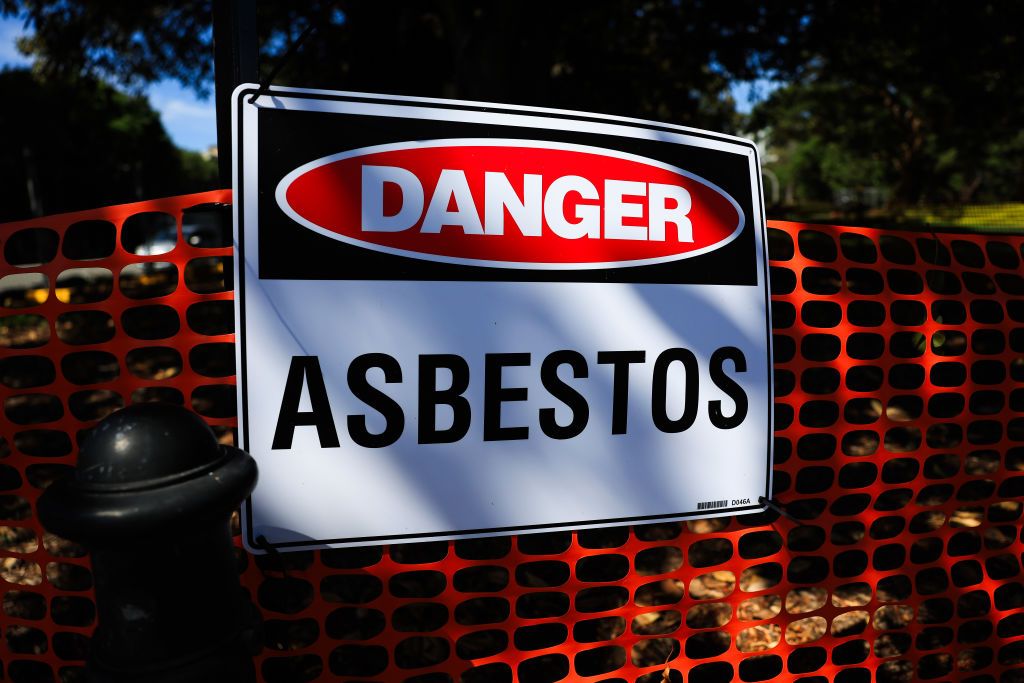The EPA Plans to ‘Reconsider’ Ban on Cancer-Causing Asbestos
The EPA Plans to ‘Reconsider’ Ban on Cancer-Causing Asbestos
The Environmental Protection Agency (EPA) has announced its intention to revisit the issue of banning asbestos, a known...

The EPA Plans to ‘Reconsider’ Ban on Cancer-Causing Asbestos
The Environmental Protection Agency (EPA) has announced its intention to revisit the issue of banning asbestos, a known carcinogen that is linked to various forms of cancer including mesothelioma and lung cancer.
Asbestos was widely used in construction and manufacturing until the 1970s when its health risks became more widely known. However, it is still legal in the United States in certain products and applications.
The EPA’s decision to reconsider the ban on asbestos has raised concerns among health and environmental advocates, who argue that there is no safe level of exposure to this toxic substance.
Studies have shown that asbestos exposure can lead to serious health problems, including respiratory issues and various forms of cancer. The World Health Organization (WHO) has classified asbestos as a Group 1 carcinogen, meaning it is known to cause cancer in humans.
Environmental groups and lawmakers have been calling for a complete ban on asbestos for years, citing the dangers it poses to public health. They argue that there are safer alternatives available and that the risks of asbestos exposure far outweigh any potential benefits.
The EPA’s decision to reconsider the ban on asbestos has sparked criticism and outrage from some quarters, with many questioning the agency’s commitment to protecting public health and the environment.
Asbestos has been responsible for countless deaths and cases of illness over the years, with many victims unaware of the dangers until it is too late. The EPA’s decision to reconsider the ban on asbestos has left many wondering what the future holds for this toxic substance.
It remains to be seen how the EPA’s review will unfold and whether it will ultimately result in a ban on asbestos. In the meantime, health advocates continue to push for stronger regulations and protections against this deadly substance.





